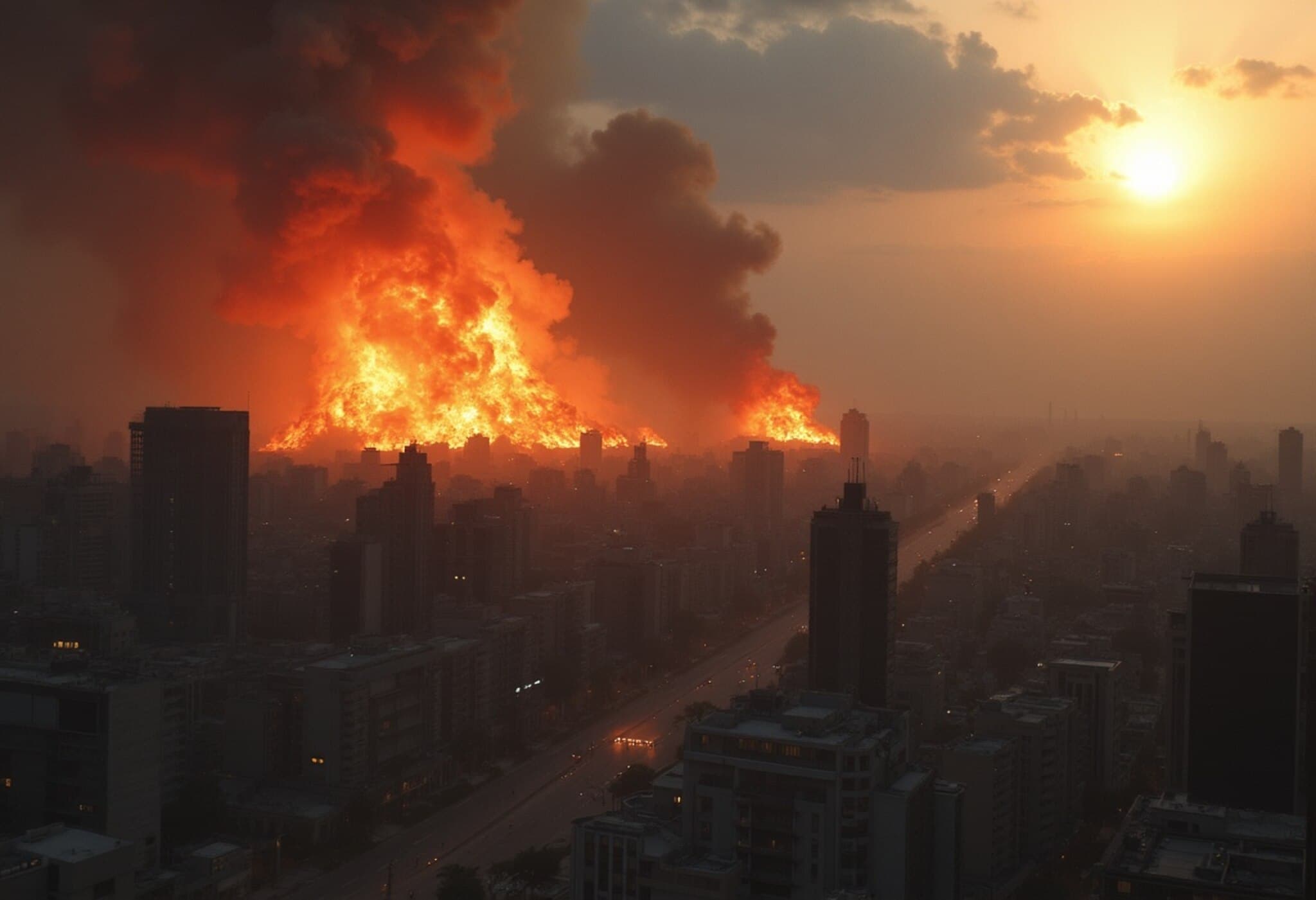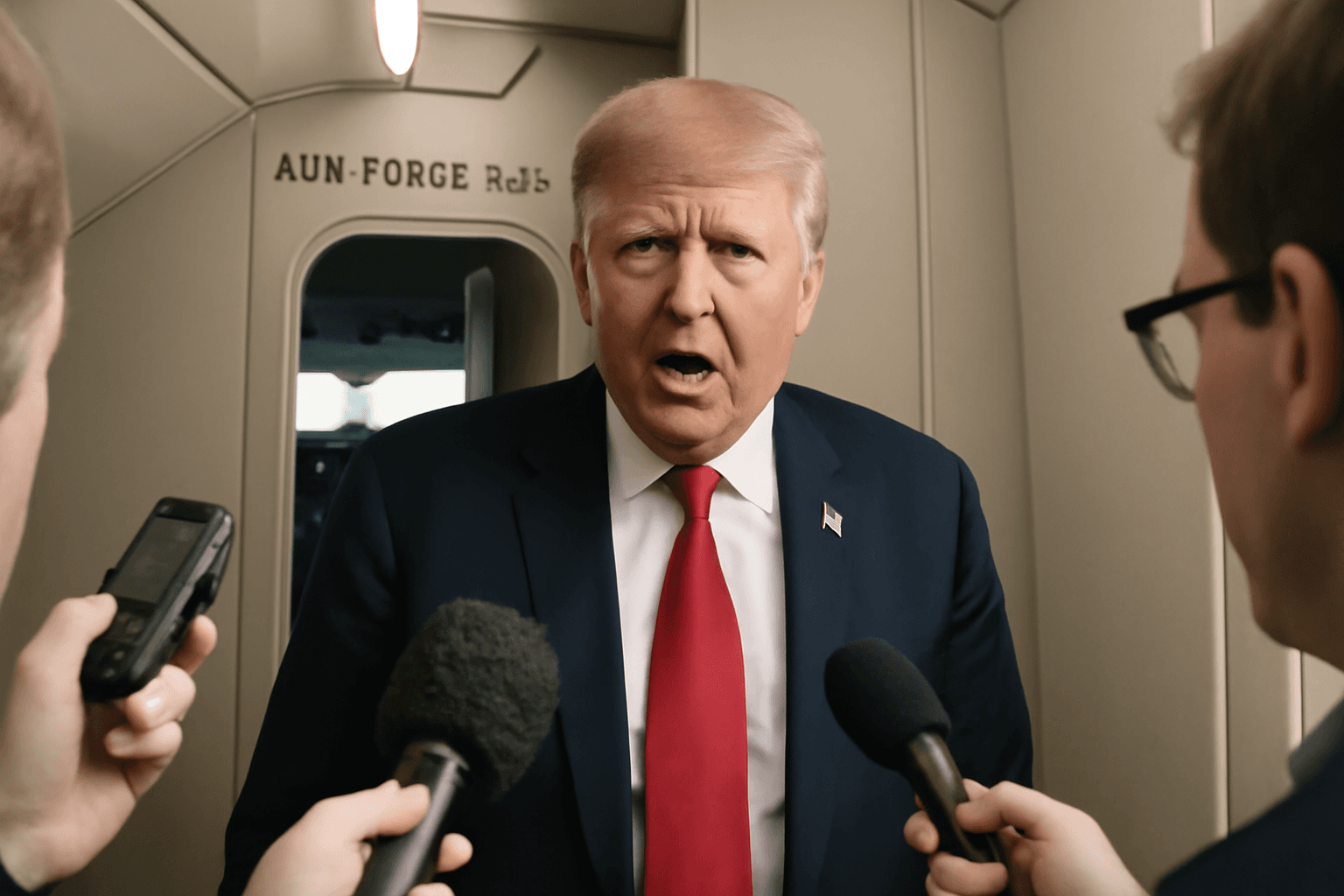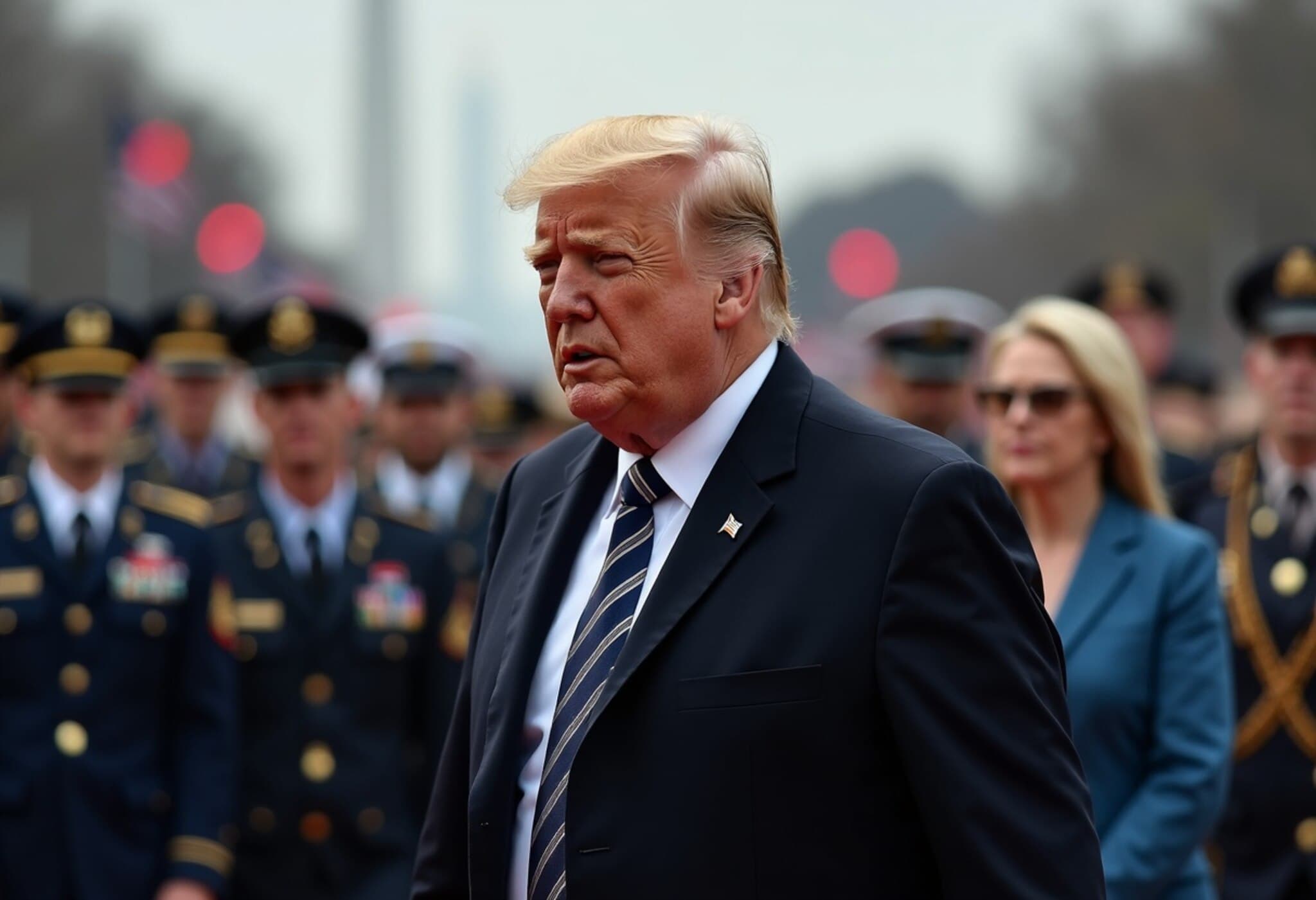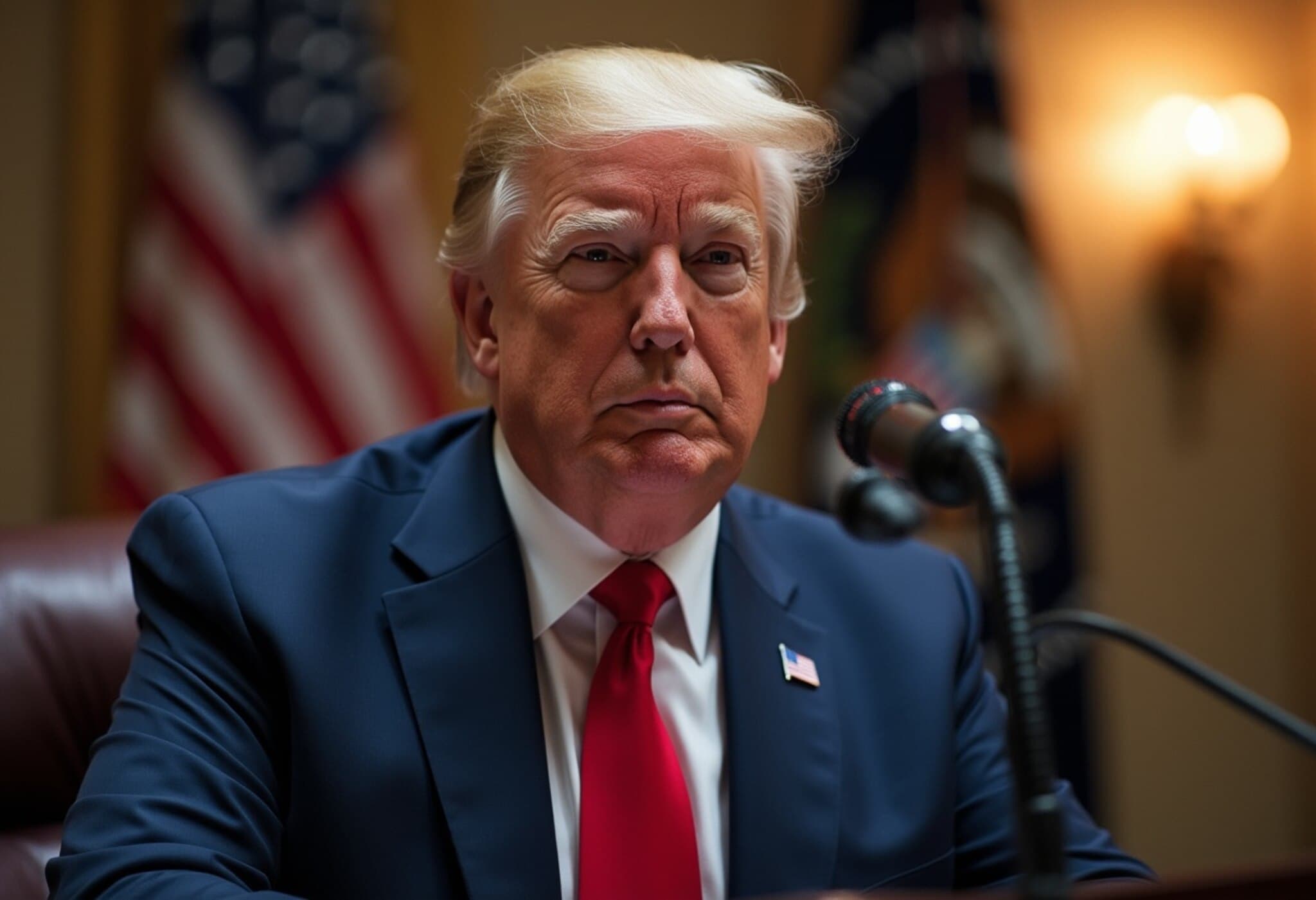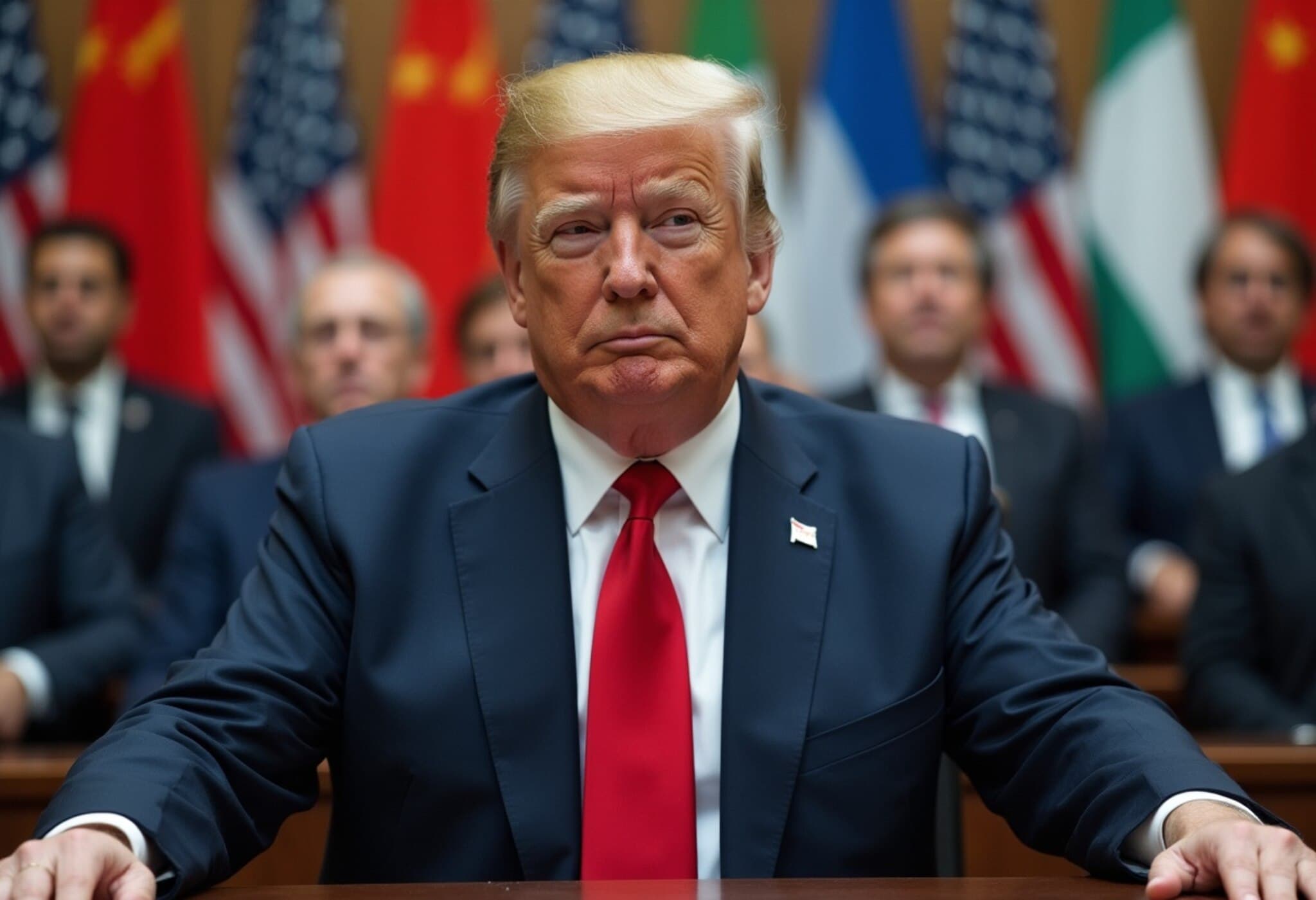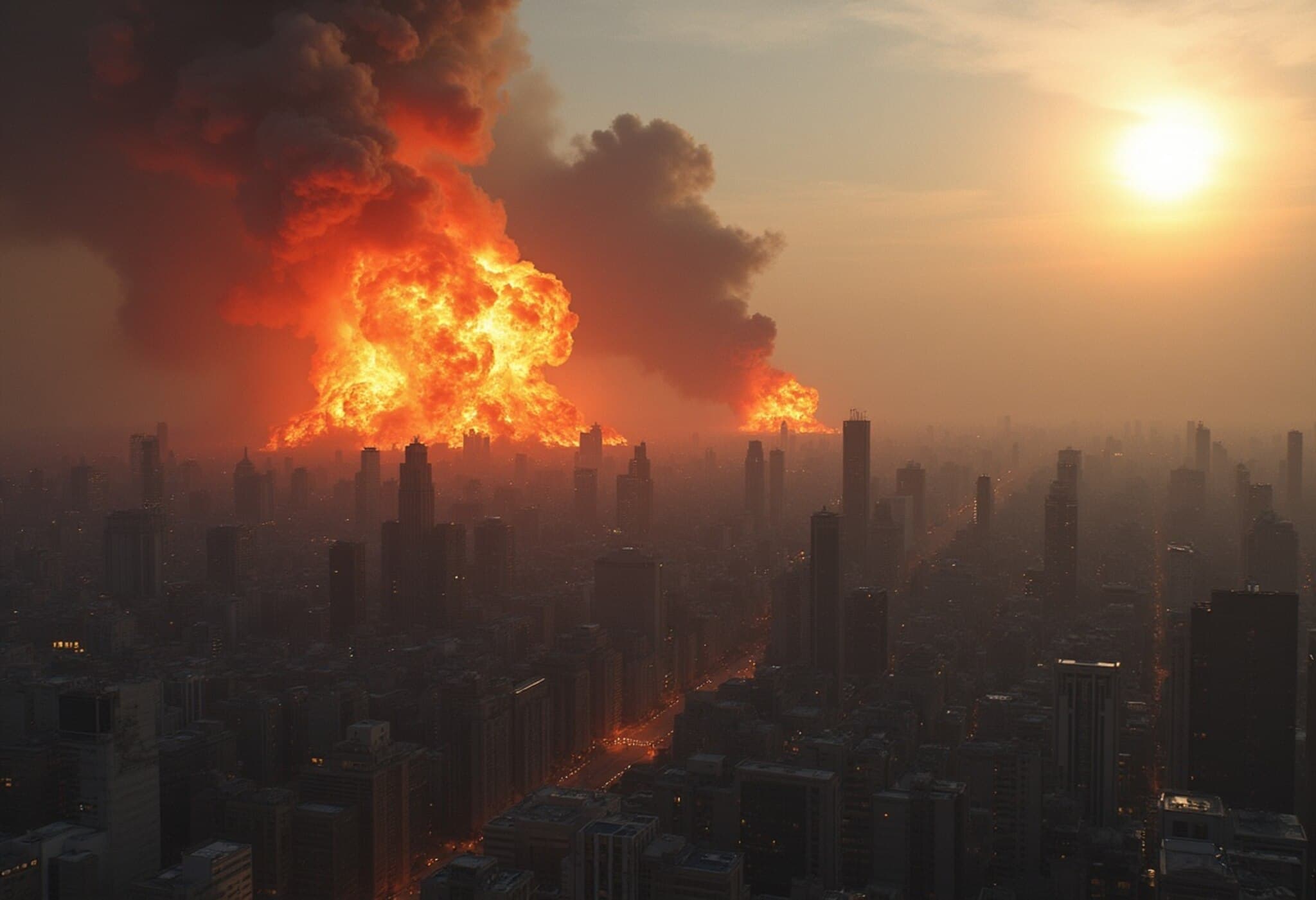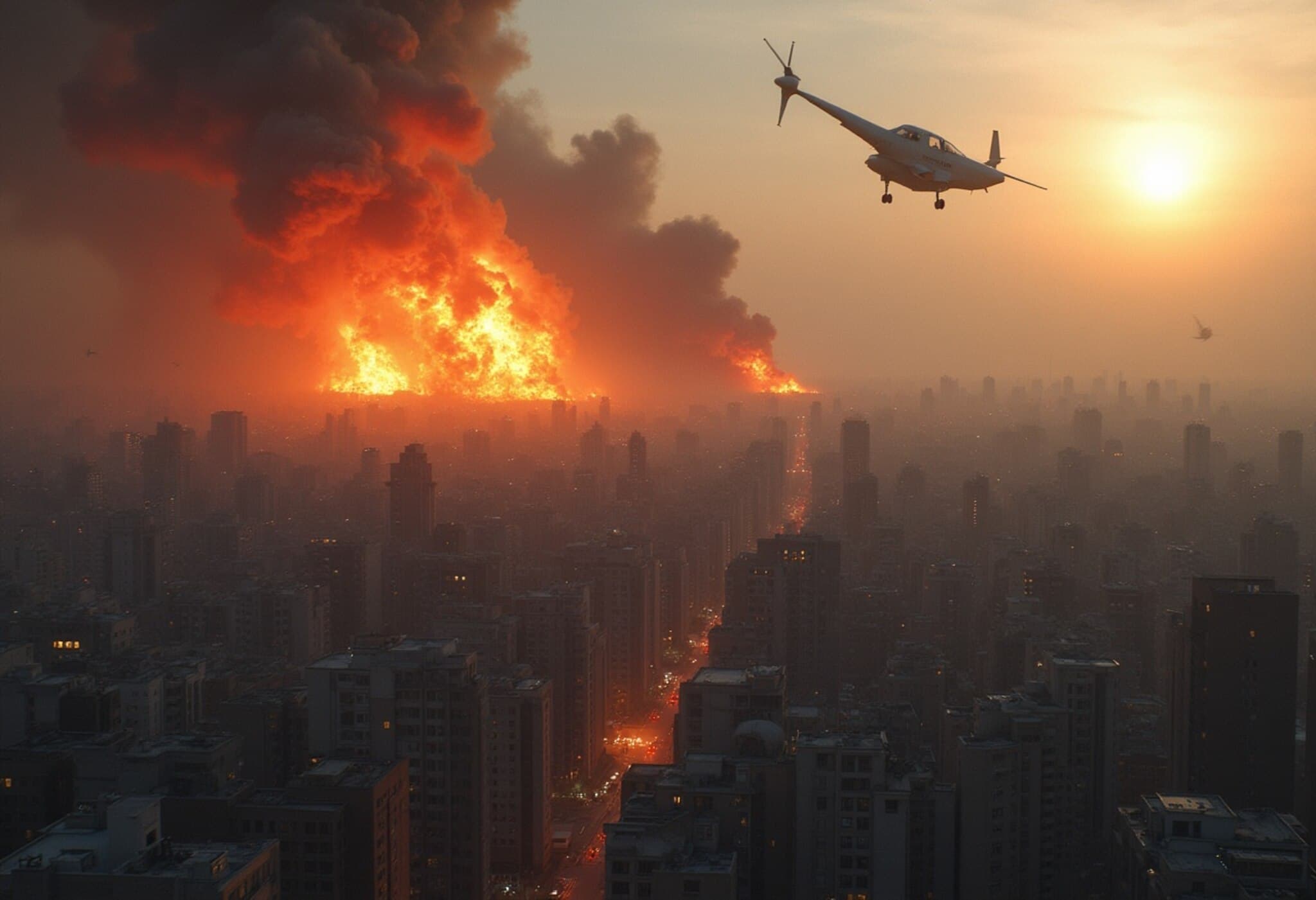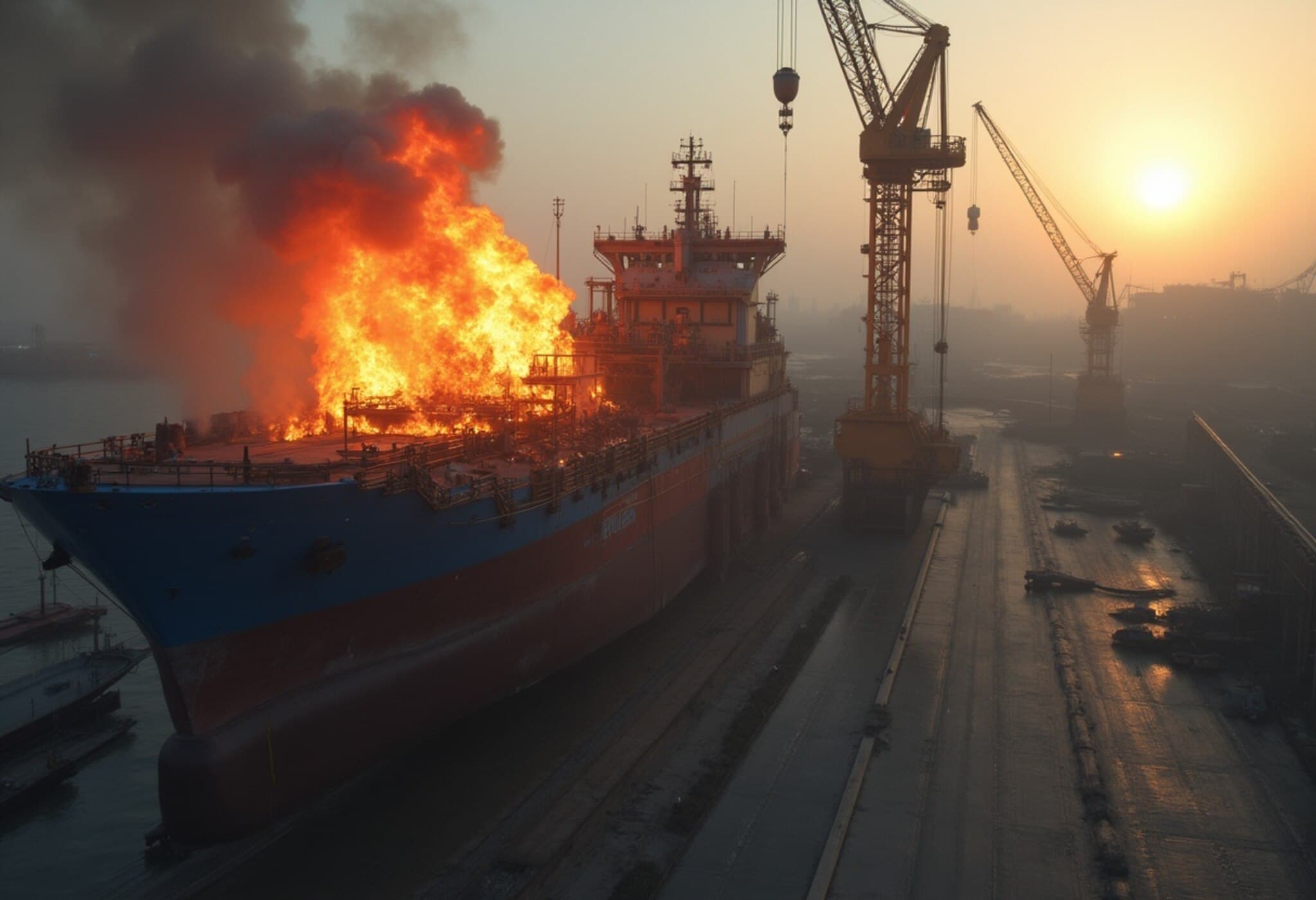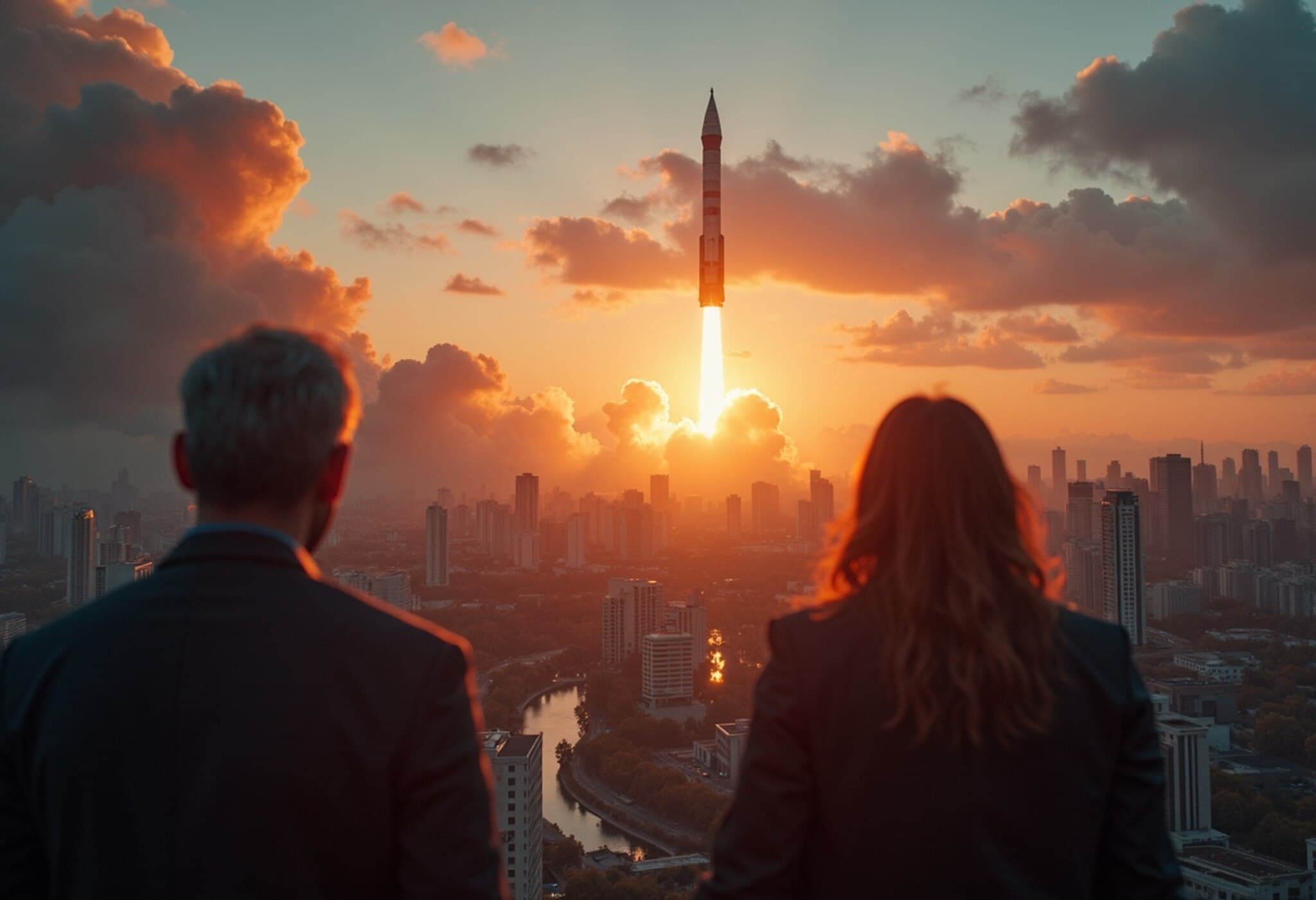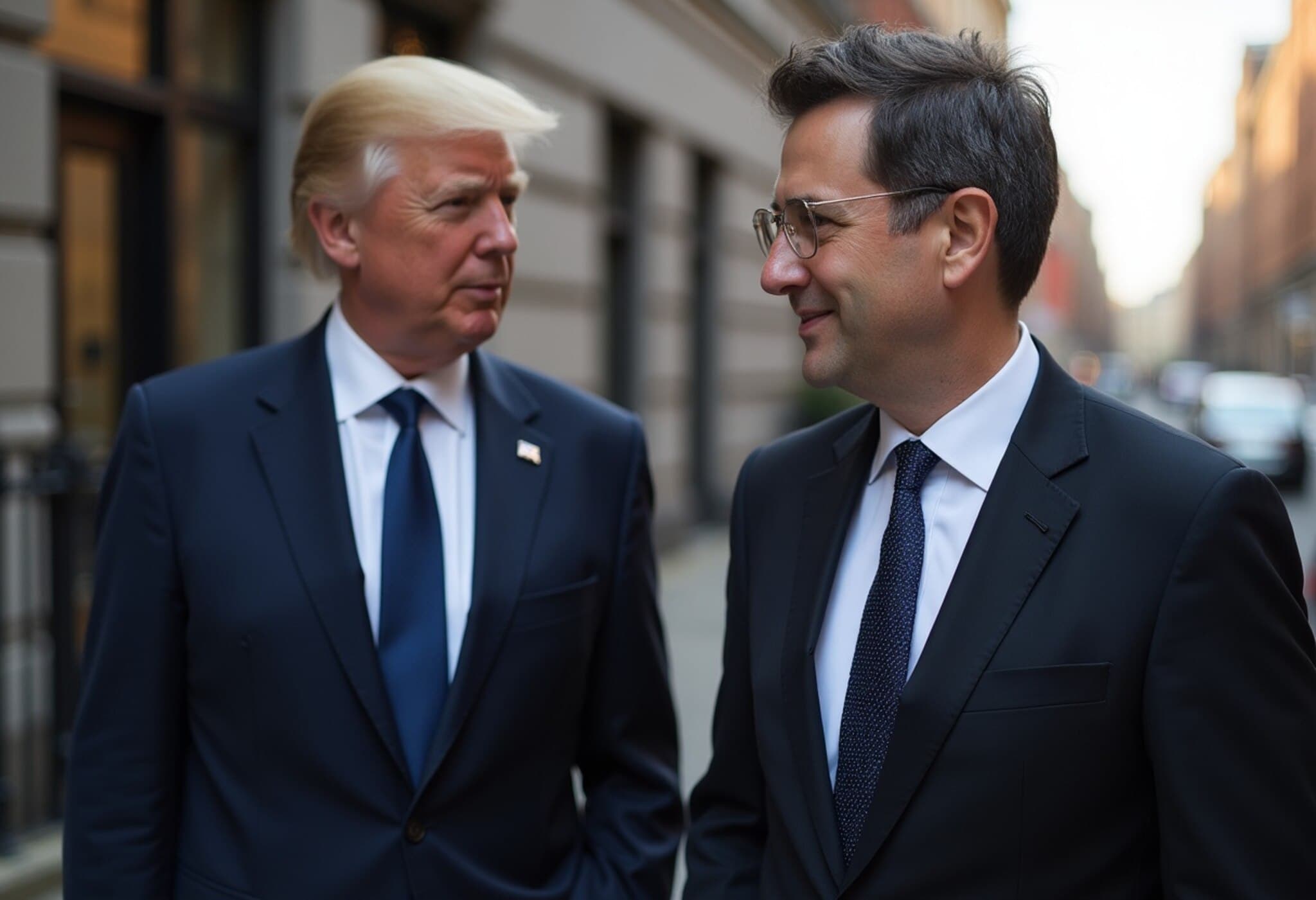The United Nations at 80: A Legacy Under Strain
This month, the United Nations marks its 80th anniversary—a milestone that once promised global peace and cooperation emerging from the devastation of World War II. Yet, as the organization reflects on eight decades, it faces profound challenges that question its relevance in today's fractured geopolitical landscape.
Geopolitical Gridlock Hampers the UN's Peacekeeping Role
Originally conceived as the guardian of peace, the UN now finds itself at a crossroads. With conflicts raging in Ukraine, Gaza, Sudan, and Myanmar, the organization often appears sidelined. The Security Council, designed to maintain peace, suffers from deep divisions among its permanent members—particularly between Russia and China on one side, and the US, UK, and France on the other. This discord has resulted in paralysis, preventing decisive action in major crises.
Multilateralism in Retreat Amid Rising Nationalism
Global cooperation—the bedrock of the UN's foundation—is under strain. Nationalist movements, regional blocs, and unilateral decisions challenge the spirit of multilateralism. Recent tensions, such as the flare-up involving Iran, Israel, and the United States, have further exposed the UN’s limited influence, relegating it to observer status in some of the world's most critical flashpoints.
Financial Constraints Deepen Challenges
The organization's difficulties are compounded by tightening budgets. The United States, the largest donor, has signaled potential funding cuts, creating ripples across UN programs. Already, efforts to streamline operations have led to a 20% reduction in UN staff in over 60 missions and agencies. This fiscal tightening comes at a time when humanitarian needs, from famine relief to refugee aid, are soaring.
Experts warn that the UN faces a future of downsized operations unless member states realign their priorities to support the institution's vital work.
Ambitious Reforms Face Political Roadblocks
The Secretary-General’s “Pact for the Future” aims to modernize and reorient the UN toward 21st-century challenges. Yet, with 193 member states holding divergent views, especially on complex issues like Security Council expansion, meaningful reform remains a distant goal. The impasse particularly highlights the persistent debate over permanent seats for Africa and Latin America.
Despite Setbacks, the UN’s Enduring Significance
While criticisms abound, many observers assert the UN’s continued indispensability. The organization has, after all, prevented a third world war and provided smaller nations with a platform against aggression. Its peacekeeping missions have spanned continents since 1948, contributing to stability in Cambodia, Sierra Leone, and Liberia, among others.
Specialized agencies under the UN umbrella—such as UNICEF, the World Food Programme, and the International Atomic Energy Agency—deliver critical services globally, from combating hunger to monitoring nuclear activities.
A Hub for Diplomacy and Dialogue
Every year, the UN General Assembly brings together world leaders, fostering discussion on issues like climate change and human rights. Meanwhile, New York remains a vital stage for backchannel diplomacy, providing an essential meeting ground that few other international platforms can match.
Security Council Reform: The Unfinished Puzzle
The most glaring symbol of the UN's challenges is the halted reform of the Security Council. Despite broad agreement that representation should expand to include more regions, entrenched interests block progress. Critics call the Council dysfunctional amid rising global tensions, yet its veto system arguably secures the UN's survival, unlike its predecessor, the League of Nations.
Looking Ahead: Between Fading Legacy and Essential Forum
The UN may lack its own military, independent policy, or vast resources, but it embodies the legitimate voice of 8 billion people. As long as major powers remain engaged, the organization continues to serve as a beacon of diplomacy and multilateral cooperation—however imperfect its current form might be.
At this pivotal 80-year mark, the UN confronts the challenge of adapting to a complex, multipolar world where its founding ideals are tested daily. Whether it can transform these trials into lasting renewal remains the question shaping its future.



